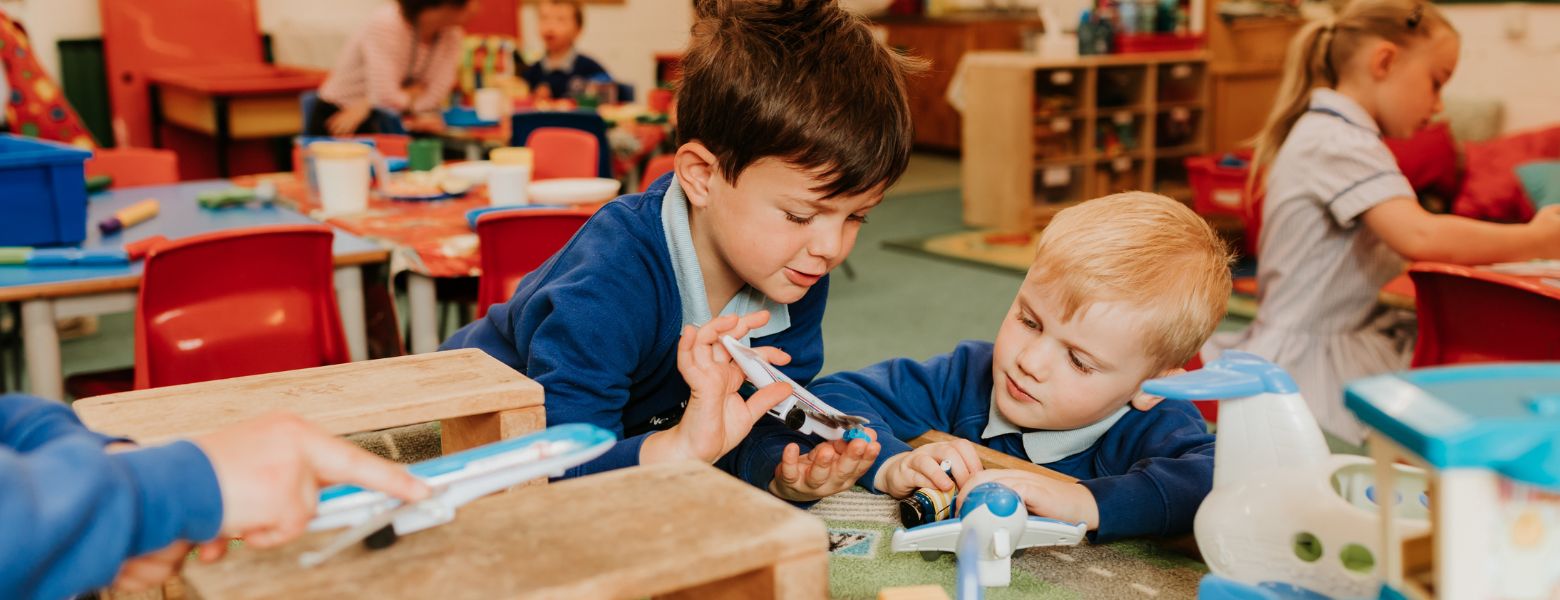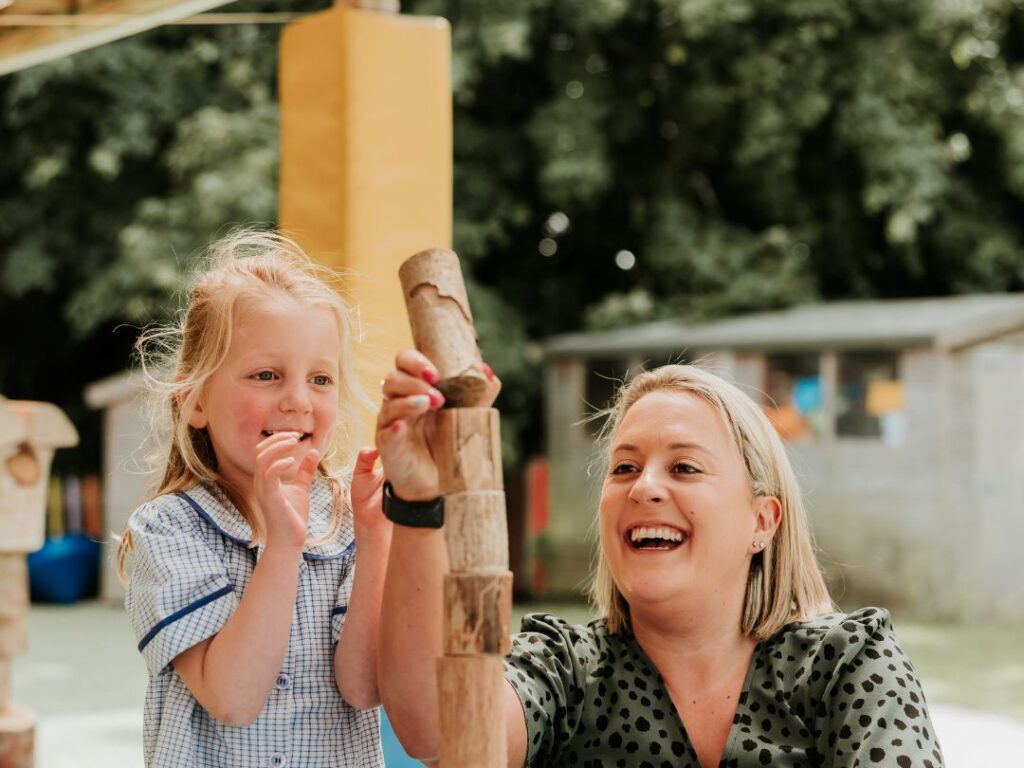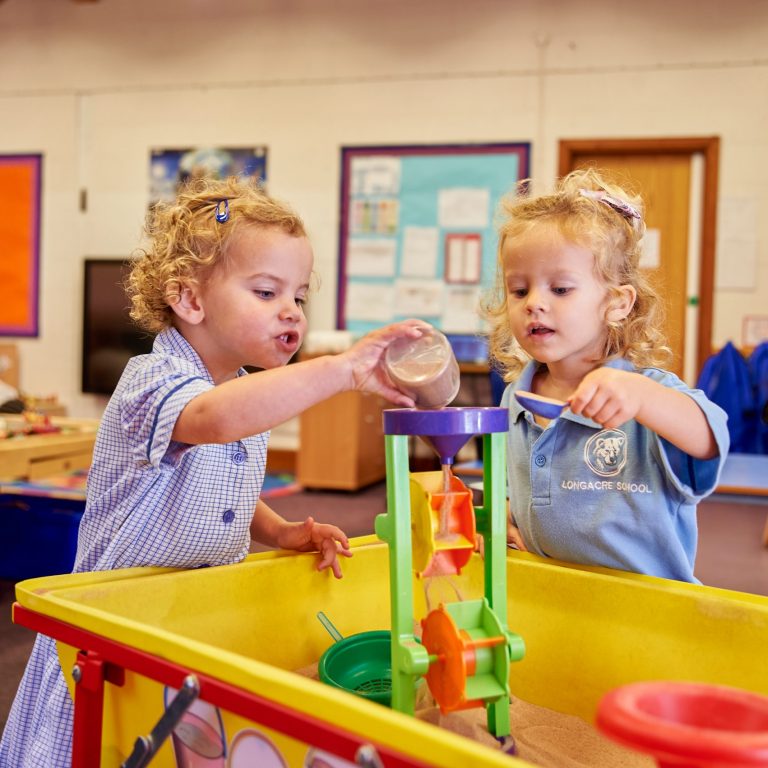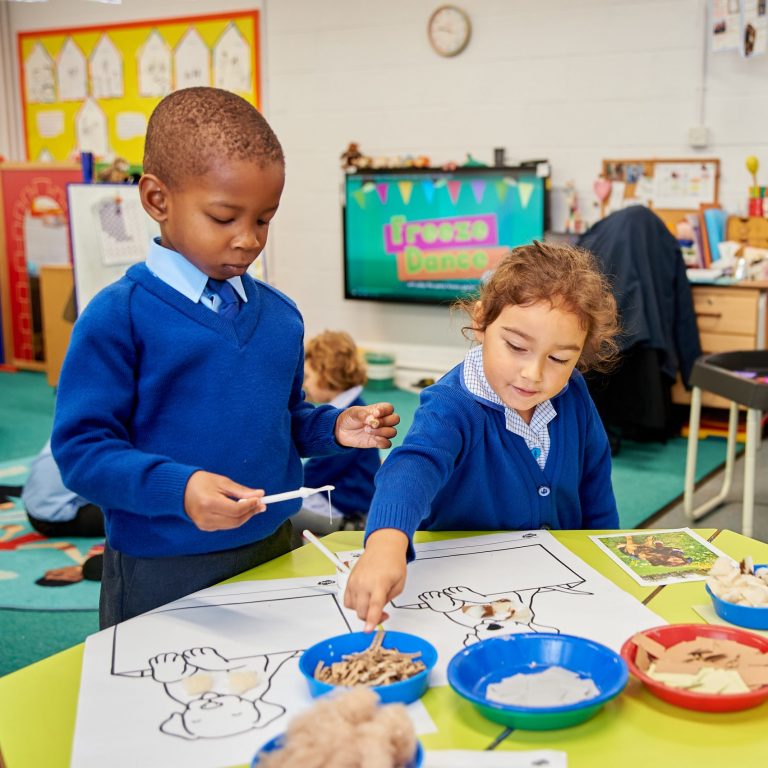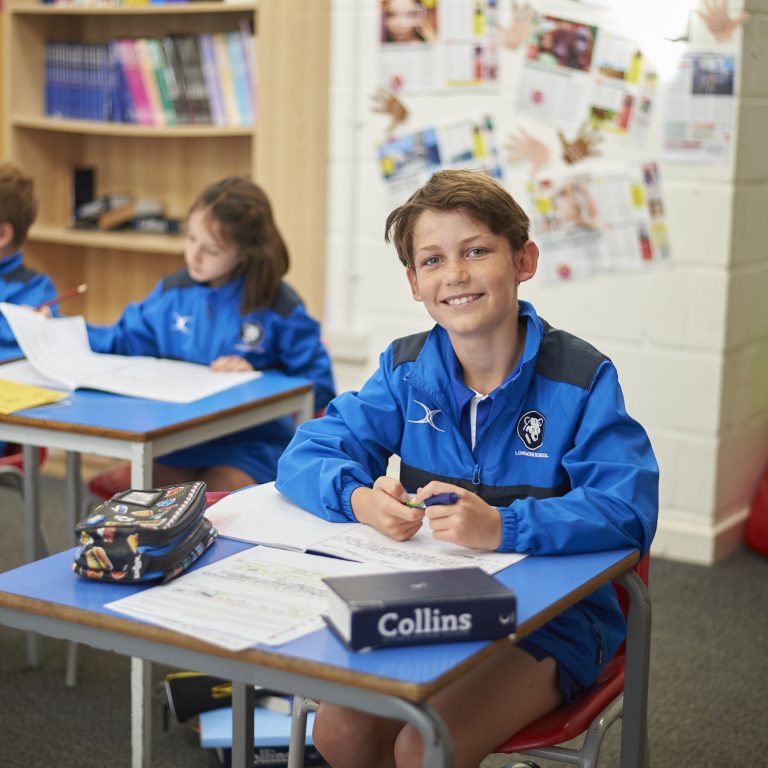Play-based learning is a cornerstone of early childhood education, offering children the opportunity to explore, experiment, and make sense of the world around them. Far from being “just play,” these activities foster critical skills that lay the foundation for lifelong learning. Independent schools often champion this approach, creating environments where curiosity, confidence, and creativity thrive.
Developing Key Social and Emotional Skills
Through play, children learn to collaborate, communicate, and negotiate with peers. Role-playing, group games, and imaginative activities teach empathy, patience, and problem-solving, while also helping children understand rules, routines, and the consequences of their actions. These social and emotional skills are crucial for navigating both school life and broader social contexts.
Supporting Cognitive and Physical Development
Play-based learning encourages active engagement with the world, allowing children to develop fine and gross motor skills, spatial awareness, and early numeracy and literacy understanding. Activities such as building, sorting, or outdoor exploration stimulate curiosity and problem-solving abilities, reinforcing concepts that will support later academic learning.
Preparing Children for Academic Success
One of the key benefits of play-based learning is its role in preparing children for formal education. By encouraging experimentation, asking questions, and exploring outcomes, children develop foundational skills in critical thinking and reasoning. These experiences give them the confidence and adaptability needed to approach structured lessons with curiosity and resilience. Independent schools often integrate play-based learning into the curriculum, ensuring children transition smoothly into more formal academic settings.
Fostering a Lifelong Love of Learning
Beyond academic readiness, play helps children develop intrinsic motivation and a love for learning. When children engage in self-directed exploration, they experience the joy of discovery firsthand. This positive association with learning nurtures curiosity, creativity, and confidence — qualities that persist long beyond the early years.
Bringing Play to Life in Schools
In practice, play-based learning can take many forms: outdoor exploration, sensory activities, imaginative role-play, and creative arts. Independent schools often design classrooms and outdoor spaces to encourage meaningful play, allowing children to make choices, follow their interests, and develop at their own pace. Linking these experiences to core curriculum areas can deepen understanding while keeping learning enjoyable and engaging.
Conclusion
Play-based learning is much more than a way to keep children occupied — it is essential for social, emotional, physical, and cognitive development. By integrating purposeful play into early years education, schools create environments that not only prepare children for academic success but also instill a lifelong love of learning.
If you’d like to learn more about how Longacre brings play-based learning to life — and how we nurture curiosity, confidence and a lifelong love of learning — we’d be delighted to welcome you to the school. To find out more, visit our Admissions page or get in touch with our Registrar, Jussie Yeats, to arrange a personal tour with our Head, Sophie Baber.
Categories: News
